UN Peacekeeping: Allegations of sexual exploitation and abuse – a 20 year history of shame
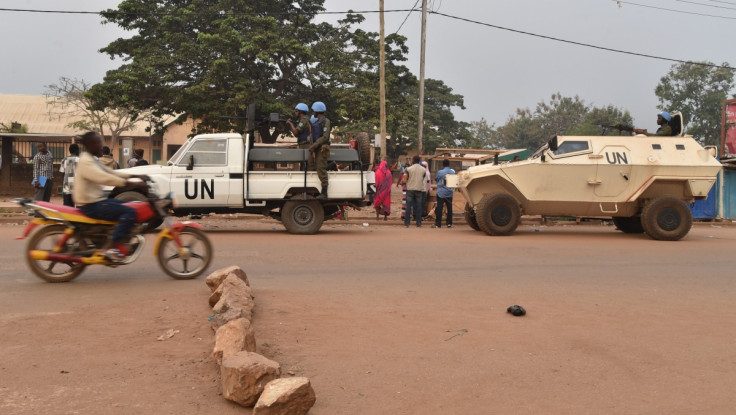
Reports of alleged sexual exploitation and abuse by United Nations (UN) personnel of vulnerable people – often the very people that these UN workers were supposed to protect – have been surfacing for years.
Scandals involving UN troops in recent years have included a Democratic Republic of Congo (DRC) paedophile ring and prostitute trafficking in Kosovo. In light of fresh alleged sexual abuse cases by European troops against children in the conflict-ridden Central African Republic (CAR), IBTimes UK outlines the key events in this disturbing history.
August 1996: A report on the devastating impact of war on girls and boys is submitted to the UN General Assembly by Graça Machel, an expert of the UN Secretary-General and former Minister of Education of Mozambique. Machel's study is one of the first to raise the issue of sexual exploitation of children during peacekeeping missions. The humanitarian calls for an end to impunity for perpetrators.
1999: Whistle-blower Kathryn Bolkovac, who was working as a UN International Police Force monitor in Bosnia, reveals UN police officers were paying for prostitutes and participating in trafficking of young women from eastern Europe as sex slaves. Many of the officers, who enjoyed immunity from prosecution in Bosnia, were forced to resign, but none have been prosecuted. Bolkovac's story was made into a film, The Whistleblower.
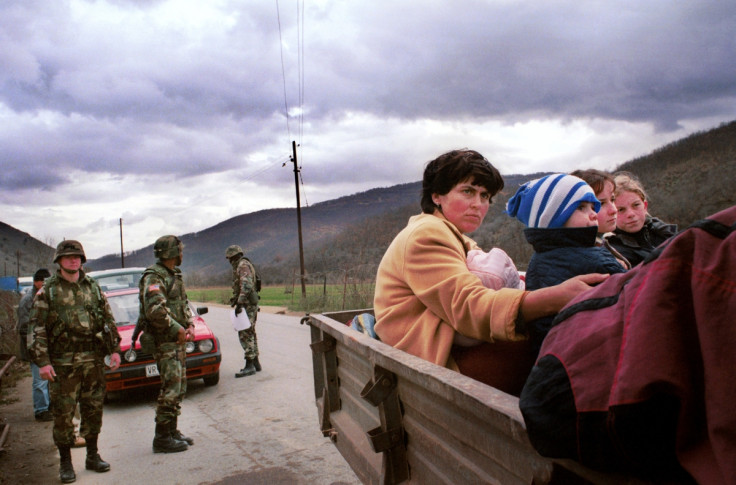
February 2002: A UN report by consultants commissioned by UNHCR and Save the Children to investigate allegations of sexual abuse and exploitation of refugees in Guinea, Liberia and Sierra Leone revealing widespread abuse is leaked to the public. The report, based on interviews of refugees, returnees, local populations, internally displaced persons and humanitarian aid workers, outlined sexual exploitation and prostitution in West Africa generally, and in camps for which UNHCR had responsibility specifically.
October 2002: The UN Office of Internal Oversight Services (OIOS) publishes a report on allegations of sexual abuse and exploitation of refugees by aid workers, including humanitarian aid workers, and UN peacekeepers in West Africa.
October 2003: A year after the OIOS report, the UN Secretary-General's Bulletin on Special Measures for Protection from Sexual Exploitation and Sexual Abuse is issued. One of the paragraphs of the bulletin outlines: "UN forces conducting operations under UN command and control are prohibited from committing acts of sexual exploitation and sexual abuse, and have a particular duty of care towards women and children".
February 2004: Four months later, widespread alleged abuses carried out by UN personnel of the UN Mission in the Democratic Republic of the Congo (MONUC - now MONUSCO) against refugees in the DRC are investigated. The crimes involve rape and forced prostitution of women and young girls across the country, including inside a refugee camp in the town of Bunia in north-eastern DRC. The alleged perpetrators include UN military and civilian personnel from Nepal, Morocco, Tunisia, Uruguay, South Africa, Pakistan, and France.
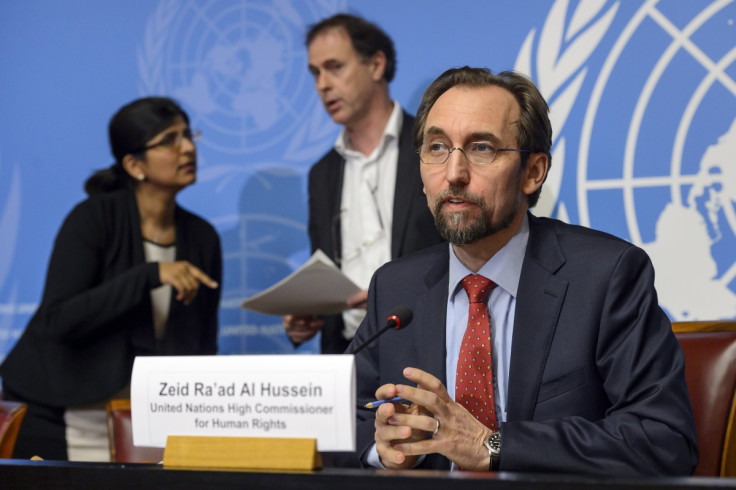
March 2005: A report by Prince Zeid Ra'ad Al-Hussein, the Secretary-General's Adviser on Sexual Exploitation and Abuse by UN Peacekeeping Personnel is issued. The 'Zeid report' is the first comprehensive analysis of sexual exploitation and abuse by UN peacekeeping personnel and presents an alarming picture of a widespread and largely tolerated phenomenon. "Such abhorrent acts are a violation of the fundamental duty of care that all United Nations peacekeeping personnel owe to the local population that they are sent to serve", the report states.
May 2005: The UN Security Council holds its first-ever public meeting devoted exclusively to sexual exploitation and abuse in peacekeeping. The Council said it condemned, in the strongest terms, "all acts of sexual abuse and exploitation committed by peacekeepers and reiterated the importance of ensuring that they were properly investigated and appropriately punished".
November 2005: Conduct and Discipline Teams are established in field missions by the Department of Peacekeeping Operations (DPKO), as part of a package of reforms in UN peacekeeping designed to strengthen accountability and uphold the highest standards of conduct. Two years later, a Conduct and Discipline Unit (CDU) is formally established in the Department of Field Support. According to the UN, the CDU maintains global oversight of the state of discipline in all peacekeeping operations and special political missions.
2006: A BBC investigation reveals children have been subjected to rape and prostitution by UN peacekeepers in Haiti and Liberia, as girls spoke of regular encounters with soldiers where sex was demanded in return for food or money. In response, the UN heightens its policing measures, appointing 500 monitors across the country, and introducing mandatory training of all personnel on appropriate conduct.
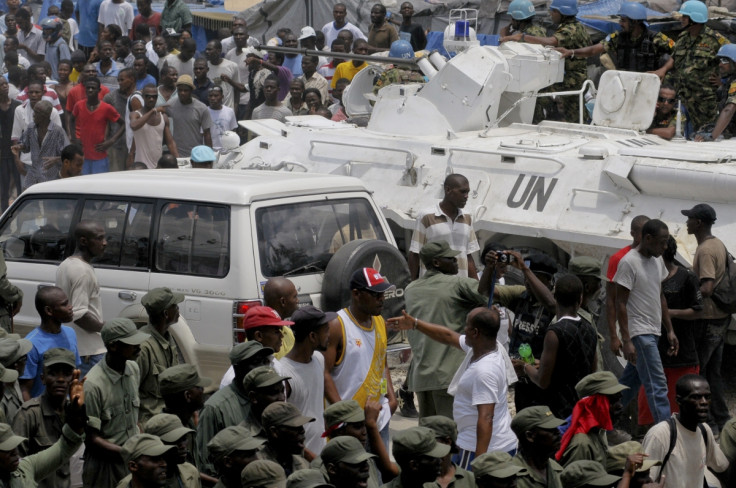
The CDU unit releases a 20-minute film 'To Serve with Pride: Zero Tolerance for Sexual Exploitation and Abuse', made to raise awareness among UN and related personnel about the impact of acts of sexual exploitation and abuse on individuals and communities.
August 2006: A Group of Legal Experts presents a report to the General Assembly dubbed the "Comprehensive review of the whole question of peacekeeping operations in all their aspects". The review includes a Draft Convention on the Criminal Accountability of United Nations Officials and Experts on Mission - which is not adopted.
January 2007: Widespread allegations of sexual exploitation by UN peacekeeping forces in southern Sudan are reported by the media. Allegations include the systematic rape and abuse of children as young as twelve. It emerged, however, that the alleged abuses had been the subject of a 2005 internal UNICEF report detailing the problem.
June 2007: A revised model Memorandum of Understanding (MOU) between Troop Contributing Countries and the UN is adopted. The MOU includes specific provisions on sexual exploitation and abuse - for the first time - and outlines steps to ensure the investigation and punishment of substantiated allegations of sexual abuse and exploitation.
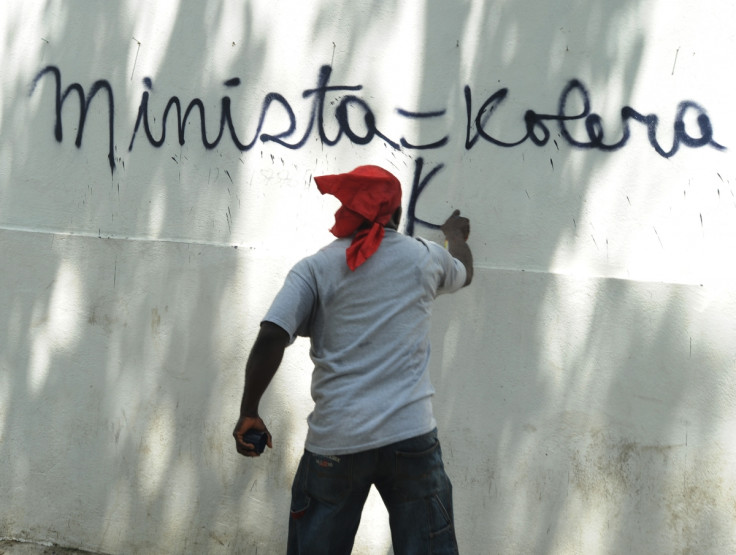
December 2007: The General Assembly ratifies a resolution adopting the UN Comprehensive Strategy on Assistance and Support to Victims of Sexual Exploitation and Abuse by United Nations Staff and Related Personnel, which is intended to "ensure that victims of sexual exploitation and abuse by United Nations staff and related personnel receive appropriate assistance and support in a timely manner."
2008: Aid workers and UN peacekeepers in Côte d'Ivoire, Southern Sudan and Haiti are accused of sexually abusing children as young as six. Save the Children says it sacked three workers for breaching its codes, and calls on others to do the same. The charity also proposes an international watchdog be set up.
July 2010: The Inter-Agency Standing Committee (IASC) issues itsGlobal Review of Protection from Sexual Exploitation and Abuse by UN, NGO, International Organization for Migration (IOM) and International Federation of Red Cross and Red Crescent Societies (IFRC) Personnel. According to the IASC, the review was conducted with the purposes of "identifying the extent to which protection from sexual exploitation and abuse (PSEA) policies have been implemented and with making recommendations for any future action to ensure the effective implementation of PSEA obligations. The review was not tasked with identifying the scale of any misconduct, as this has already been well documented."
March 2012: UN peacekeepers from Pakistan are found guilty of sexual abuse in Haiti by a Pakistani military court and are ordered repatriated and jailed. In September, repatriated UN peacekeepers from Uruguay are charged with coercion after being accused of sexual abuse in Haiti. Three UN peacekeepers of the UN Stabilization Mission in Haiti (MINUSTAH) are also repatriated following a Pakistani military hearing on the sexual abuse of a 14-year-old Haitian male. Hervé Ladsous, Under Secretary-General for Peacekeeping Operations, says the issue is a priority for his department and deserves the utmost attention.
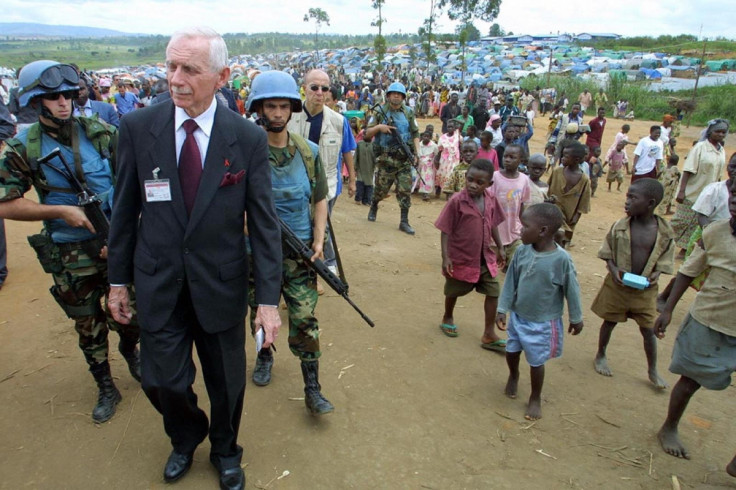
September 2013: UN peacekeepers from Chad are accused of gang rape in Northern Mali. The UN says there would be an investigation, by the Chadian authorities themselves. The investigation is mired in controversy after the UN quietly provided an update, that Chad told it the probe is finished. Critics described the probe as a "pseudo accountability on peacekeeper rape".
November 2013: The independent team of experts - appointed by the Secretary-General in January 2012 to assess efforts to address sexual exploitation and abuse on the MINUSTAH, MONUSCO, UNMIL in Liberia and UNMISS in South Sudan, delivers its report. It contains highly-critical statements about the UN's progress to dealing with sexual exploitation and abuse within its ranks. No public statement is made by the UN, and the report remains internal until leaked by AIDS-Free World in March 2015.
February 2015: The Secretary-General's annual report Special Measures for Protection from Sexual Exploitation and Sexual Abuse outlines the completion of a two-year-long "enhanced programme of action to combat sexual exploitation and abuse, a key aspect of which was the appointment of an independent team of experts to assess how four peacekeeping missions were addressing the challenge." The report highlights measures being taken to strengthen the Organization's response to sexual exploitation and abuse in the areas of prevention, enforcement and remedial action.
"The Secretary-General remains fully conscious that a single substantiated case of sexual exploitation or sexual abuse involving United Nations personnel is one case too many. Instances of sexual abuse, such as those involving sexual activities with a minor or coerced sexual relations, are particularly egregious," the report says.
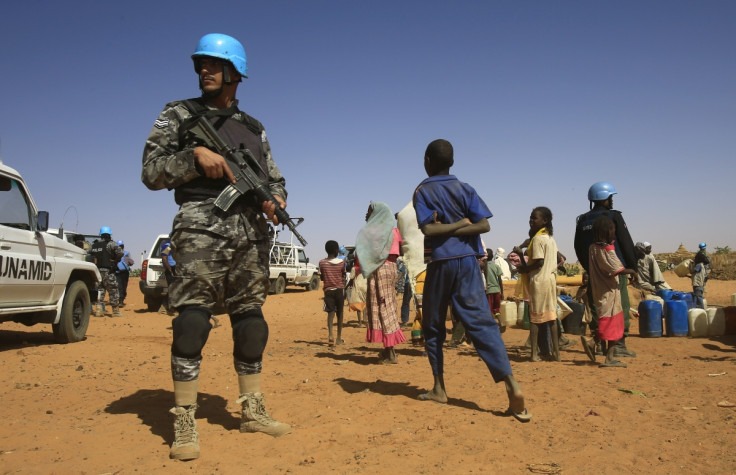
April 2015: A leaked UN internal report obtained by Aids-free World reveals that between 10 and 12 boys, aged eight to 15 and lacking food and shelter, were forced into rape and sodomy by UN peacekeepers from France, Chad and Equatorial Guinea, in exchange for food and money, at a centre for internally displaced people in Bangui, the capital of conflict-ridden Central African Republic (CAR). The abuses allegedly took place between December 2013 and June 2014.
May 2015: The head of Aids-free World accuses the UN of attempting to "cover-up" its findings. France opens an investigation into the alleged child abuse by its troops in the CAR. "The UN's disturbingly self-defensive instincts are all about how can we protect the bureaucracy, not how can we protect and treat the victims and prevent any instance of future abuse in these particular locations or in any other locations around the world," co-director Paula Donovan tells IBTimes UK.
August 2015: Ban Ki-moon sacks CAR mission chief Babacar Gaye over the peacekeeper sex claims – a move described by UN spokesman Stephane Dujarric as "unprecedented".
January 2016: Fresh claims of sexual abuses on children in CAR emerge. UN troops, which sources say came from Egypt, Morocco and Gabon, sexually assaulted four minor girls. Weeks later, the UN said that at least six more cases had been discovered following recent investigations. Abusers are reported to be members of the EU's peacekeeping operation Eufor from Georgia, France and another unnamed European country.
March 2016: A UN report finds there were 69 allegations of sexual exploitation and abuse made against peacekeepers in 10 UN missions around the world in 2015. The report from Secretary-General Ban Ki-moon calls for the establishment of on-site court martial proceedings for sex crimes and for the first time lists the countries of origin of the alleged abusers.
In light of the fresh allegations, Aids-free World proposes a solution to the issue and recommends a board of oversight, outside and independent of the UN Secretary-General and the bureaucracy, which would assume authority until the crisis is resolved and the system fixed.
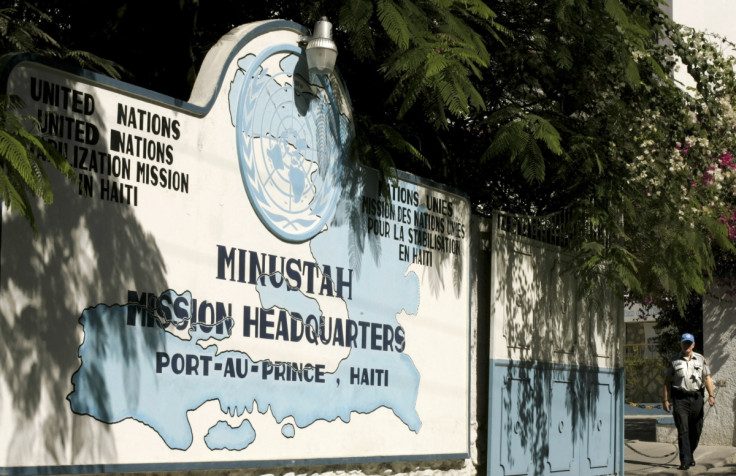
© Copyright IBTimes 2025. All rights reserved.





















